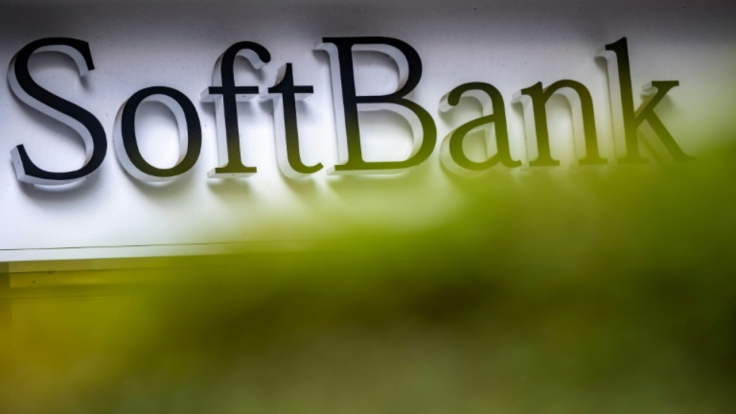SoftBank Dumps £4.7 Billion Nvidia Stake To Double Down On ChatGPT Maker OpenAI
SoftBank bets big on ChatGPT creator OpenAI after exiting Nvidia investment

The tech world has just felt a seismic jolt. In a bold move that's reverberating across artificial intelligence and investment circles, SoftBank Group has announced the sale of its entire stake in Nvidia Corporation, the leading chipmaker that powers much of today's AI infrastructure. The Japanese conglomerate raised approximately $5.83 billion (£4.7 billion) by offloading its 32.1 million shares in October. The capital is now being directed toward a major bet on OpenAI, the creator of ChatGPT and the big prospect in the AI space.
Why SoftBank Sold Nvidia Shares
This surprising divestment marks a calculated pivot in SoftBank's investment strategy, going from deep exposure in hardware, embodied by its Nvidia stake, to doubling down on software-driven artificial intelligence platforms like ChatGPT. According to reports, SoftBank has revealed that the sale proceeds will help fuel an 'all in' investment of approximately $22.5 billion (£17.8 billion) in OpenAI, which now constitutes an 11 percent stake for SoftBank in the firm.
Analysts point out that this isn't necessarily a negative view of Nvidia. In fact, SoftBank reportedly emphasises that the sale is a matter of capital redeployment rather than a lack of faith in Nvidia's future. As one analyst said: 'SoftBank needs at least US$30.5 billion (£24 billion) of capital for investments in the October–December quarter, including US$22.5 billion (£17.8 billion) for OpenAI and US$6.5 billion (£5.1 billion) for Ampere.'
By focusing these large resources on OpenAI, SoftBank is openly acknowledging that the future of tech may majorly favour AI software platforms and generative models like ChatGPT, rather than the silicon chips that used to dominate the landscape. This aligns with the larger industry trends where the value is shifting from hardware to AI services and applications.
READ MORE: Can Microsoft's Latest Superintelligence AI Really Predict Disease Years In Advance? Here's What We Know
Why This Matters for OpenAI, ChatGPT and the AI Industry
For OpenAI and its flagship model ChatGPT, SoftBank's capital infusion and strategic endorsement represent a gigantic validation rather than just a cash boost. OpenAI is already one of the most visible players in generative AI, and the backing by one of the world's largest investors clearly shows that the company is now being positioned as a central force in the future of artificial intelligence and technology.
From a wider industry perspective, this massive change leads to a big standard as it demonstrates how large institutional investors are moving away from simply supplying the hardware to owning the platforms that drive intelligence atop that infrastructure. The AI ecosystem is being reframed as it is less about raw compute power and more about how that compute is harnessed through models, applications and services. SoftBank's decision shows this transition very clearly.
ChatGPT's popularity and rapid adoption have likely helped this investment trend. As a software-driven interface for AI, ChatGPT exemplifies how artificial intelligence is becoming more accessible and customer-facing. By placing a major bet on OpenAI, SoftBank is acknowledging the growing importance of models like ChatGPT in reshaping how humans interact with technology.
SoftBank's exit from Nvidia may stir headlines, but it is important to interpret the move correctly. Nvidia remains a foundational player in artificial intelligence, supplying the chips and computers that enable modern AI models. SoftBank's description of the sale as part of 'asset monetisation' rather than a lack of confidence in Nvidia suggests the company still acknowledges the importance of Nvidia's technology even as it shifts focus to the software layer.
© Copyright IBTimes 2025. All rights reserved.





















